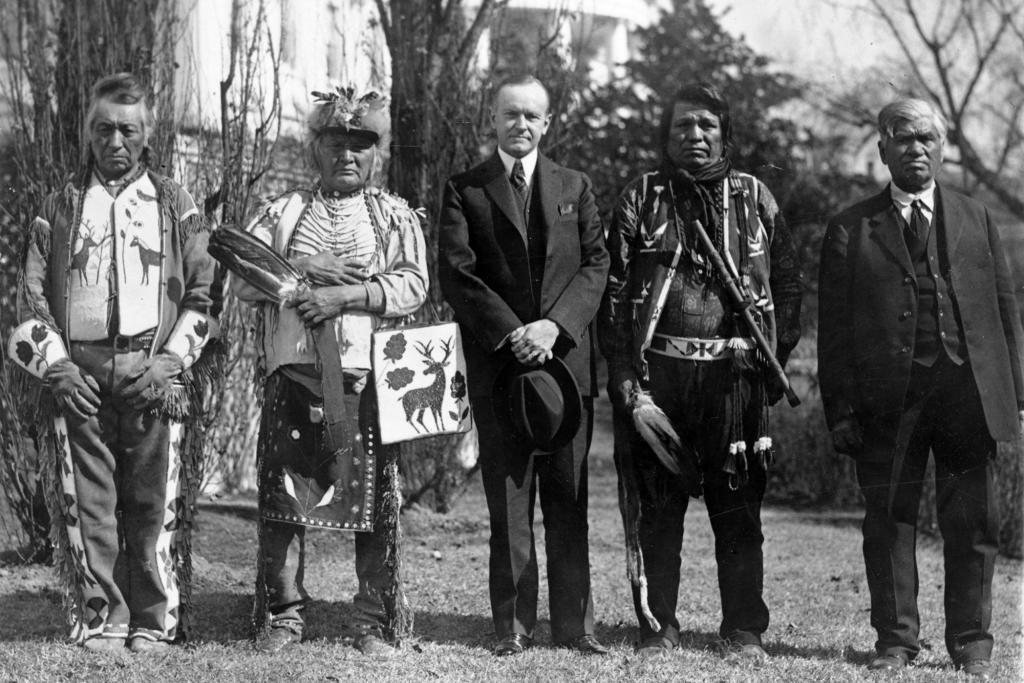((I'm going to start writing again, not as Sam Davis, but as a charachter I'll adopt sometime in the next decade. I haven't named him yet but he will be married into the Davis Family and will be a Lost Cause Author))
The Last Battle of the General Davis
James Forrest

In Eighteen-Sixty-One they fell at last
A handful of men clinging to the Past
They, the last cavaliers of a lost cause
Thirteen-thousand men fed to the hordes Jaws
The Cannons of Fort Sumter fired fast
Though they knew this battle would be thier last
Because the Yankee Horde would never end
Tom Davis would not live to fight again
They fought for Chivalry, Land, and Honour
Davis' men stayed to die as donors
Thier lives were sacrificed to the future
The Southerns together they would suture
On the First of May the Horde breached the fort
The last Colonels to Davis did report
For Victory there was a naught hope left
No hope but for an honourable death
Davis held the flag and gritted his teeth
Against the horde his sword was drawn from sheath
Twelve lead bullets blew him against a wall
and the gallant Davis began to fall
But for the yankee horde this was not enough
The sixteen Bayonets made his death rough
Mutilated his body now had fell
But he let out one final rebel yell
As Davis lay dying against the wall
He knew not in vain was his heroic fall
Without his stand the South might've forgot
the nation for which thier boys all had fought
By his death the South would be remembered
Because his army had not surrendered
His legacy would preserve his nation
and preserve it for all generations
So as the en'my northern flags waved
Davis' spirit knew the South was saved
James Forrest

In Eighteen-Sixty-One they fell at last
A handful of men clinging to the Past
They, the last cavaliers of a lost cause
Thirteen-thousand men fed to the hordes Jaws
The Cannons of Fort Sumter fired fast
Though they knew this battle would be thier last
Because the Yankee Horde would never end
Tom Davis would not live to fight again
They fought for Chivalry, Land, and Honour
Davis' men stayed to die as donors
Thier lives were sacrificed to the future
The Southerns together they would suture
On the First of May the Horde breached the fort
The last Colonels to Davis did report
For Victory there was a naught hope left
No hope but for an honourable death
Davis held the flag and gritted his teeth
Against the horde his sword was drawn from sheath
Twelve lead bullets blew him against a wall
and the gallant Davis began to fall
But for the yankee horde this was not enough
The sixteen Bayonets made his death rough
Mutilated his body now had fell
But he let out one final rebel yell
As Davis lay dying against the wall
He knew not in vain was his heroic fall
Without his stand the South might've forgot
the nation for which thier boys all had fought
By his death the South would be remembered
Because his army had not surrendered
His legacy would preserve his nation
and preserve it for all generations
So as the en'my northern flags waved
Davis' spirit knew the South was saved
Last edited:






